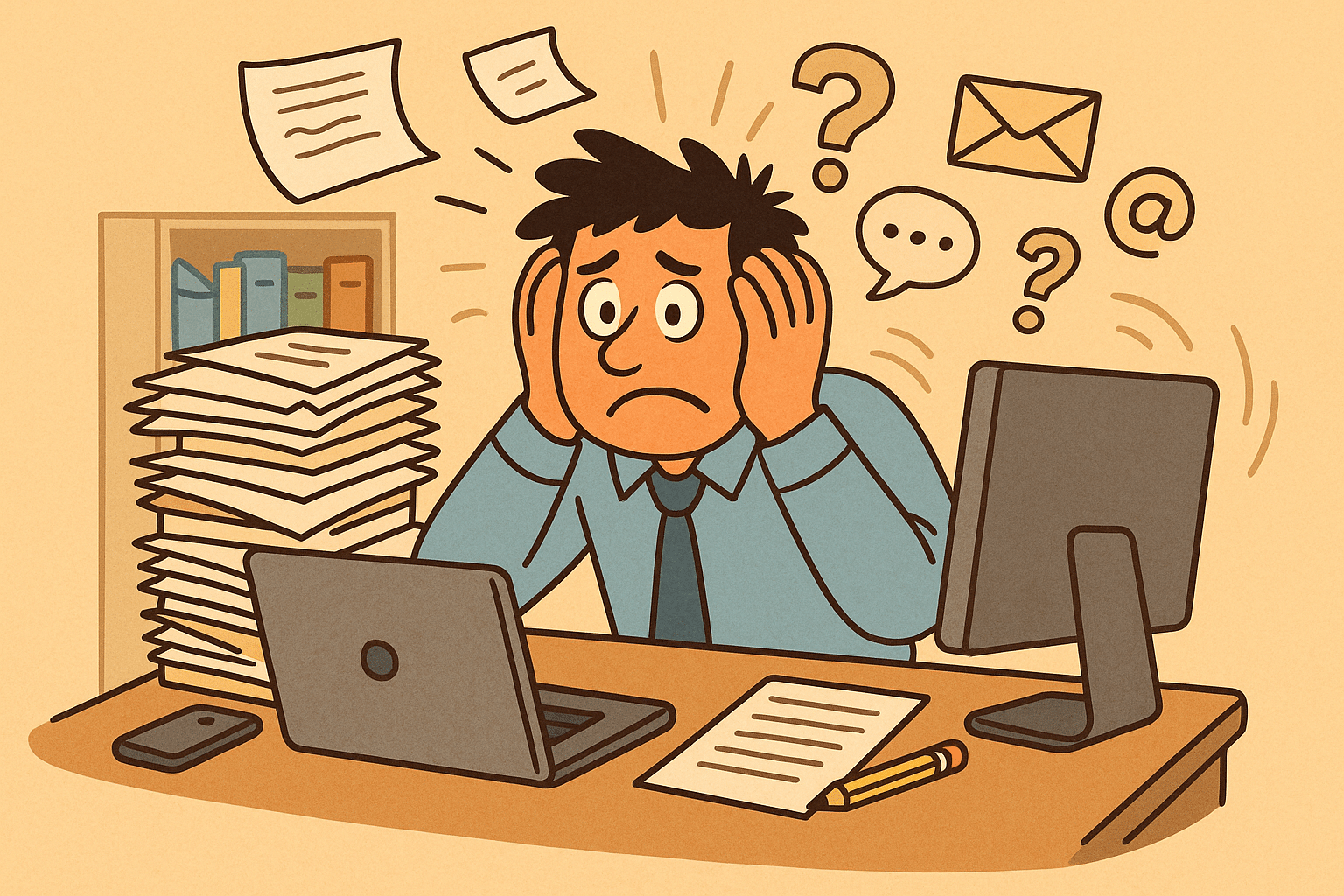Admitting “I don’t know” isn’t a weakness—it’s a tool for growth, trust, and innovation. This article explores how embracing uncertainty sparks creativity, strengthens leadership, and boosts learning through the power of saying just this.”

Why admitting “I don’t know” matters
1. It cultivates intellectual humility
Owning unknowns shows intellectual humility—recognizing your knowledge limits and being open to others’ ideas.
- Humble leaders make better decisions, avoid overconfidence, and reduce biases.
- Overconfidence has fueled corporate missteps and financial crashes.
Saying “I don’t know” signs you’re thoughtful—not reckless.
2. It fosters a growth mindset
Admitting ignorance ties to growth mindset theory (Carol Dweck): belief that abilities grow with effort and learning.
- Students who said “I don’t know” often learn more by seeking answers.
- Neuroscience shows brain develops through effort—telling learners “I don’t know” demonstrates that discovery matters more than pretense.
3. It builds trust and psychological safety
According to Psychology Today, leaders who openly admit uncertainty invite others to do the same.
- This transparency boosts psychological safety, where team members feel free to ask questions and offer ideas.
- That environment is essential for innovation, creativity, and collaboration.
Emerging trend: “Not-knowing” as a leadership model
In 2025, modern management increasingly values “not-knowing” leadership.
- LinkedIn shares that leaders who say “I don’t know” encourage engagement and diverse input—as team members feel included and respected.
- Newest research from London Business School (Feb 2025) supports transparent communication and name-drop of knowledge gaps as key to emotional intelligence.
Leaders who say “I don’t know” demonstrate confidence and self-awareness—standing out in a complexity-filled workplace .
Guide: How to say “I don’t know” productively
1. Be honest—then commit
- Say: “I don’t know, but I’ll find the answer.”
Psychology Today recommends following up with accurate info later .
2. Reframe it
- Shift from weakness to strength: “I don’t know. Let’s find out together.”
This encourages a collaborative mindset .
3. Model vulnerability
- Share your own learning struggles: “I was confused by this too—here’s how I figured it out.”
Stanford’s Teaching Commons highlights modeling effort fosters growth in others.
4. Normalize it
- Encourage team members to say “I don’t know.”
- Leaders can initiate: “Let’s admit knowledge gaps early—that’s where real progress starts.”
5. Follow through
- Prompt follow-up: “I’ll look this up by tomorrow.” Then deliver. Accountability makes uncertainty credible.
Practical benefits list
- Improved decision-making — Admitting ignorance avoids rushed, flawed conclusions.
- Strengthened trust — Transparency builds credibility and openness.
- Increased learning — People who ask more questions learn faster and deeper.
- Better innovation — Diverse perspectives surface when people feel safe to share uncertainties.
- Enhanced growth mindset — Admitting gaps encourages effort, struggle, and development.
When not to say it (and what to do instead)
| Situation | Avoid “I don’t know” | Better approach |
|---|---|---|
| With customers seeking fixes | Risks losing confidence | “I’m not sure—let me check, I’ll get back by 5 PM.” |
| In emergencies or urgent review | May sow confusion | “I don’t know precisely; here’s what we know now…” |
| Reporting on vital metrics/data | Undermines reliability | “Let me verify those numbers and confirm by EOD.” |
The key: signal uncertainty, then follow up with facts or next steps.
What this teaches us
Saying “I don’t know” isn’t cowardly—it’s courageous. It shows:
- Self-awareness—you understand your limits
- Openness—you’re ready to learn
- Integrity—you’re willing to follow up
Executives who master this help teams feel safe, informed, and motivated to learn.
Key takeaways
- Saying “I don’t know” builds credibility and trust.
- It nurtures a growth mindset through modeling learning behavior.
- Transformational leaders leverage it to foster better decision-making and innovation.
- Use it deliberately—with honest framing and prompt follow-up.
Next steps: integrate into your routine
- Track how often you default to bluffing.
- Practice saying “I don’t know, here’s the plan” in low-stakes moments.
- Encourage others: pose your own uncertainties in meetings.
- Follow through—then reflect: what was the result?
References
- Burkus, D. (2019). The Power of “I Don’t Know”. Psychology Today. Emphasizes that admitting ignorance fosters psychological safety, encourages curiosity, and promotes intellectual humility in leadership and team dynamics. Available at: https://www.psychologytoday.com/us/blog/creative-leadership/201905/the-power-of-i-dont-know
- Porter, T. (2018). The Benefits of Admitting When You Don’t Know. Behavioral Scientist. Published July 16, 2018. Available at: https://behavioralscientist.org/the-benefits-of-admitting-when-you-dont-know/
- Rieck, B. (2020). The Power of Admitting Ignorance. BastianRieck.me. Available at: https://bastian.rieck.me/blog/2020/power_of_admitting_ignorance/






